| Field | Details |
|---|---|
| Full Name | Robert Francis Prevost |
| Papal Title | Pope Leo XIV |
| Date of Birth | September 14, 1955 |
| Place of Birth | Chicago, Illinois, USA |
| Parents | Louis Marius Prevost (d. 1997), Mildred Agnes Martínez Prevost (d. 1990) |
| Siblings | Louis Martin Prevost, John Joseph Prevost |
| Citizenship | United States, Peru (since 2015), Vatican City (since 2023) |
| Education | Villanova University (BS), Catholic Theological Union (MDiv), Pontifical University of Saint Thomas Aquinas (JCL, JCD) |
| Religious Order | Order of Saint Augustine |
| Former Roles | Bishop of Chiclayo, Prior General of OSA, Prefect of the Dicastery for Bishops |
| Papacy Began | May 8, 2025 |
In addition to being a momentous historical event, Robert Francis Prevost’s appearance as Pope Leo XIV on the balcony of St. Peter’s Basilica was also intensely personal. His late parents, Louis and Mildred Prevost, stood behind that moment, but they were not present to witness it. Both died in 1990 and 1997, respectively, long before their youngest son would don the papal vestments.
Mildred and Louis, who were incredibly grounded and community-minded, brought up their sons in Dolton, a small town close to Chicago’s far South Side. They gave them a strong sense of responsibility in addition to their religious beliefs. Although their contributions were subtle, they were unquestionably influential—Louis, a World War II veteran who became a school superintendent, and Mildred, a librarian with a DePaul degree, created a home full of order, service, and intelligence.
The Prevost boys’ childhood routine was remarkably similar to small-town Catholic life across America: altar service, choir practice, and Sunday Mass. But Rob, as he was lovingly known, was unique. He created a chapel out of their living room. He was practicing a calling, not pretending to be a priest. It wasn’t just the neighbors who anticipated it. Louis and John, his older brothers, remember making fun of him by saying, “You’ll be the first American pope.”
That family joke had turned into a remarkable reality by 2025. However, his parents, who assisted in sowing the seeds, were not present to see it happen. Nevertheless, their influence is evident at every stage of Pope Leo’s journey. His position as provincial superior and then prior general of the Augustinians reflected his father’s dedication to leadership and education. Leo’s academic endeavors reflect his mother’s love of language and literature, especially his proficiency in theological Latin and canon law.
In recent years, authenticity and origin have become more and more important topics in discussions about church leadership. In addition to being energizing, Pope Leo XIV’s story is especially helpful in establishing the Vatican’s foundation in reality. He is a boy from a blue-collar suburb who rose through the ranks via service, humility, and scholarship rather than an aristocrat who became a cleric.
More than just heritage, his family’s story serves as a model for leadership, molded by genuine adversity and unwavering love. Leo’s empathy, developed in a home that prioritized justice, helped him address violence, inequality, and human rights abuses during his years as a missionary in Peru. Leo’s perspective on pastoral leadership has been influenced by his Midwestern Catholic upbringing, particularly the wartime morals of his father and the Creole-Catholic customs of his mother.
Leo frequently brought up his early years in Dolton, even after being ordained as bishop of Chiclayo in 2015. He particularly mentioned how his mother’s quiet strength enabled him to overcome loneliness in rural Peru. He relied on those early teachings about resiliency and purpose—values taught far from the corridors of Rome—when battling the Shining Path or corruption scandals in government.
John, one of Pope Leo’s brothers, made several network appearances within hours of the conclave, demonstrating his continued pride in speaking out. Regarding their deceased parents, he remarked, “They would be ecstatic.” Even though it was short, that statement conveyed a whole legacy of belief and sacrifice. Their children now carry on their pride, particularly the son who answered a call that few are willing to accept.
Leo forged a papal path that prioritizes accountability and transparency by strategically aligning with Pope Francis and implementing a significantly enhanced system for evaluating bishops. It is not an incidental direction. Louis, his father, used to be in charge of dozens of public schools. Now, as he transforms diocesan leadership across continents, Leo benefits from that same administrative accuracy.
Pope Leo XIV combines the executive role of a statesman with the pastoral care of a missionary, making him incredibly adaptable in both persona and policy. Even though his pontificate is still young, it is already evident that his parents’ moral and emotional standards continue to direct all of his actions.
Leo’s story serves as a reassuring reminder that greatness frequently starts quietly, behind closed doors, where individuals like Louis and Mildred Prevost choose prayer over fame in the context of changing views of power. Despite being physically finished, their legacy endures powerfully thanks to a son who is now trusted by millions of people.
Pictures of Pope Leo celebrating his first Mass in St. Peter’s Basilica have been making the rounds in recent days. His smile, a humble, grounded gesture that was eerily reminiscent of his mother’s warmth and his father’s stoicism, was perhaps the most telling detail, rather than the ceremony itself.

